Animals
-
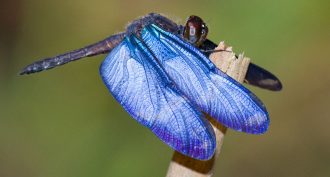 Animals
AnimalsCould a dragonfly’s wings be alive — and breathing?
Highly magnified image showing what looks like breathing tubes suggests the morpho dragonfly’s wings may be unexpectedly alive.
By Susan Milius -
 Environment
EnvironmentNight lights have a dark side
Artificial light at night not only affects our view of the night sky, but also has the ability to impair animal behaviors — and probably our health.
-
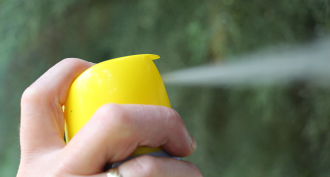 Health & Medicine
Health & MedicineAnalyze This! Mosquito repellents that work
Spray-on repellents are generally the best at keeping those blood suckers from making you their next meal, new data show.
-
 Agriculture
AgricultureScientists Say: Domestication
Domestication is the process of deliberately taking a wild organism — a plant or animal for instance — and making it a part of our daily lives.
-
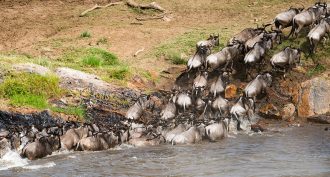 Animals
AnimalsWildebeest drownings feed a river ecosystem for years
Hundreds or thousands of wildebeests can drown at a time in the Mara River. Those carcasses, however, will feed a succession of other animals.
-
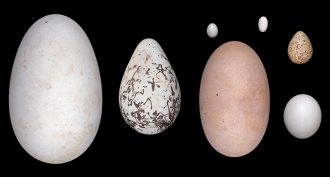 Animals
AnimalsEvolving for flight may have changed the shapes of bird eggs
Birds that are strong fliers tend to have stretched-out or asymmetrical eggs. This might reflect how their bodies evolved for flight.
-
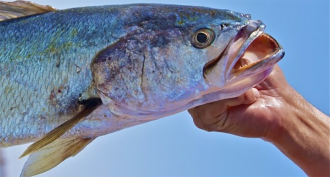 Animals
AnimalsListening to fish love songs can predict their numbers
Gulf corvinas croak for mates while in groups of millions. By listening to their undersea serenades, scientists may be able to estimate how many are out there.
-
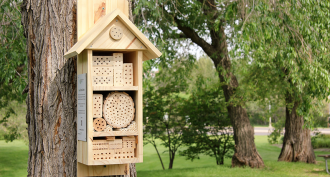 Animals
AnimalsBee hotels are open for business
Bee hotels are creating a buzz in conservation and research by offering nesting places for wild bees.
-
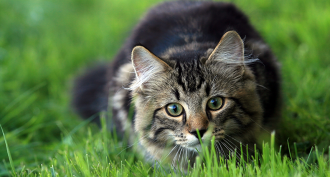 Genetics
GeneticsDNA tells tale of how cats conquered the world
Ancient DNA study suggests that domesticated cats spread across the ancient world in two waves.
-
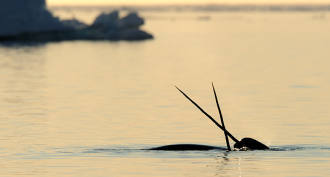 Animals
AnimalsBeware the tap of the narwhal’s tusk
A new video shows narwhals using their tusks to tap fish before eating them. They might be stunning their prey — or just playing with their food.
-
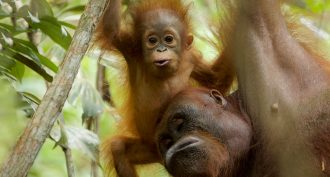 Animals
AnimalsOrangs nurse young for more than eight years!
Orangutan moms and babies have been tricky to study in the wild, so researchers used dental tests to reveal a record setting nursing period.
By Susan Milius -
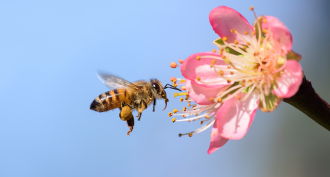 Animals
AnimalsPopular pesticide may harm bee flight
In a lab experiment, honeybees flew sluggishly after eating pesticide-tainted food.